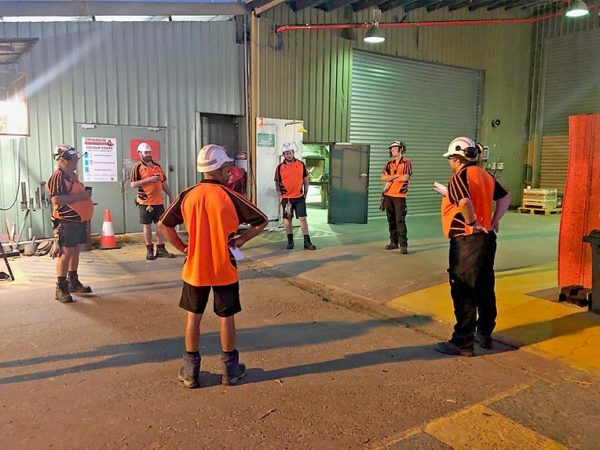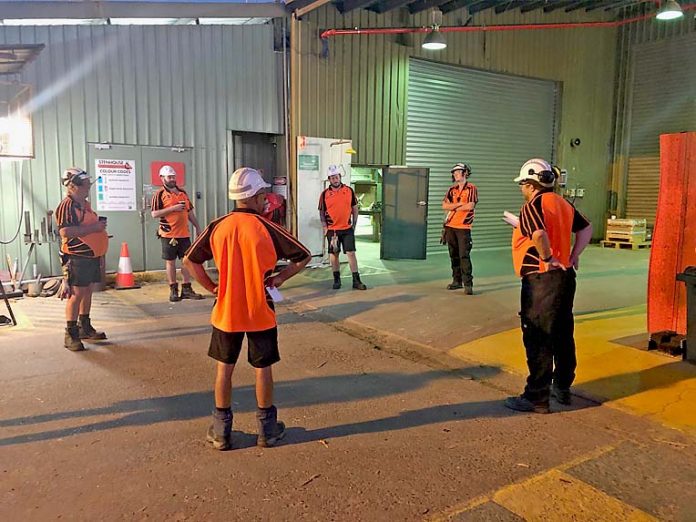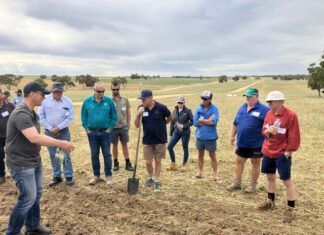
THE region’s forestry sector has urged state governments to roll out an immediate building stimulus recovery package amid predictions demand for sawn timber will plunge by 50pc.
The industry’s peak national and regional bodies have called for urgent intervention to protect the Green Triangle’s 7000-plus workforce as the coronavirus economic crisis hits the sector.
Figures show the industry underpins a staggering 150 businesses across the Green Triangle landscape.
The influential Australian Forest Products Association (AFPA), with the support of the Green Triangle Forest Industries Hub, is at the forefront of pushing for a urgent government response.
The Mount Gambier district is home to some of the nation’s largest sawmills, including OneFortyOne’s Jubilee site and the Timberlink Australia processing facility at Tarpeena.
Collectively, these two operations support hundreds of direct and indirect jobs.
Timberlink sales, marketing and corporate affairs executive general manager David Oliver yesterday threw his support behind the need for a stimulus package.
“We are supportive of that. It is unknown at this point what the full impact will be,” Mr Oliver told The Border Watch yesterday.
But he warned it would hit the sector given the predicted fall in housing construction.
“We are already seeing some decline. There will be challenges for the months ahead,” Mr Oliver added.
AFPA chief executive Ross Hampton said the nation’s softwood timber processing industry supplied most of the renewable timber products for new houses and a substantial portion of multi-unit and commercial construction.
“A survey of our members has laid bare the massive impact COVID-19 is about to wreak. House starts are plummeting and forward orders are drying up,” Mr Hampton said.
The prominent lobbyist foreshadowed demand for sawn timber from Australia’s sawmills would collapse by 50pc over the next six months.
“This is unbelievably bad news for regional Australia where the sawmills are located,” Mr Hampton warned.
“If sawmills begin to reduce production in response to plummeting demand, it will mean fewer shifts, regional job losses and a flow on downturn in spending on services in vital regional towns and states like Mount Gambier.”
Meanwhile, hub executive general manager Liz McKinnon echoed similar sentiments.
“The introduction of a wood encouragement policy by both Victoria and South Australia would act as a further lever at a state level to support and protect timber and forestry jobs in both states,” Ms McKinnon said.
“Our state government should be following this global lead, making a stand for the Green Triangle’s 7000-strong forestry workforce.”
She said workers and businesses wanted a commitment from government to support their livelihoods through these tough times.
Meanwhile, a number of the Green Triangle’s largest timber mills are undertaking mock COVID-19 scenarios to mentally prepare its workforce for a potential coronavirus case.
AKD operations, including both Colac and Heywood (Portland Pine Products), have undertaken extensive desktop exercises and full mock simulations, to understand and assess the full impact of a suspected or actual COVID-19 case.
Ms McKinnon said the timber industry was setting a high benchmark for COVID-19 control.
“The health and well-being of the 7000 strong work force across the Green Triangle is a priority for the forestry sector, with strict protocols being enforced across the supply chain from nurseries and harvesting operations, to milling and logistics in an effort to protect our whole community,” she said.
“The efforts of staff implementing these measures has been exemplary in these trying times and we thank each and every individual for their proactive efforts.”








